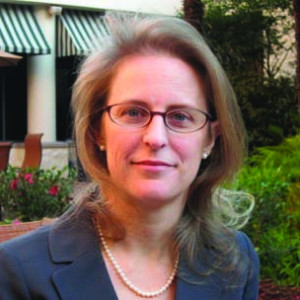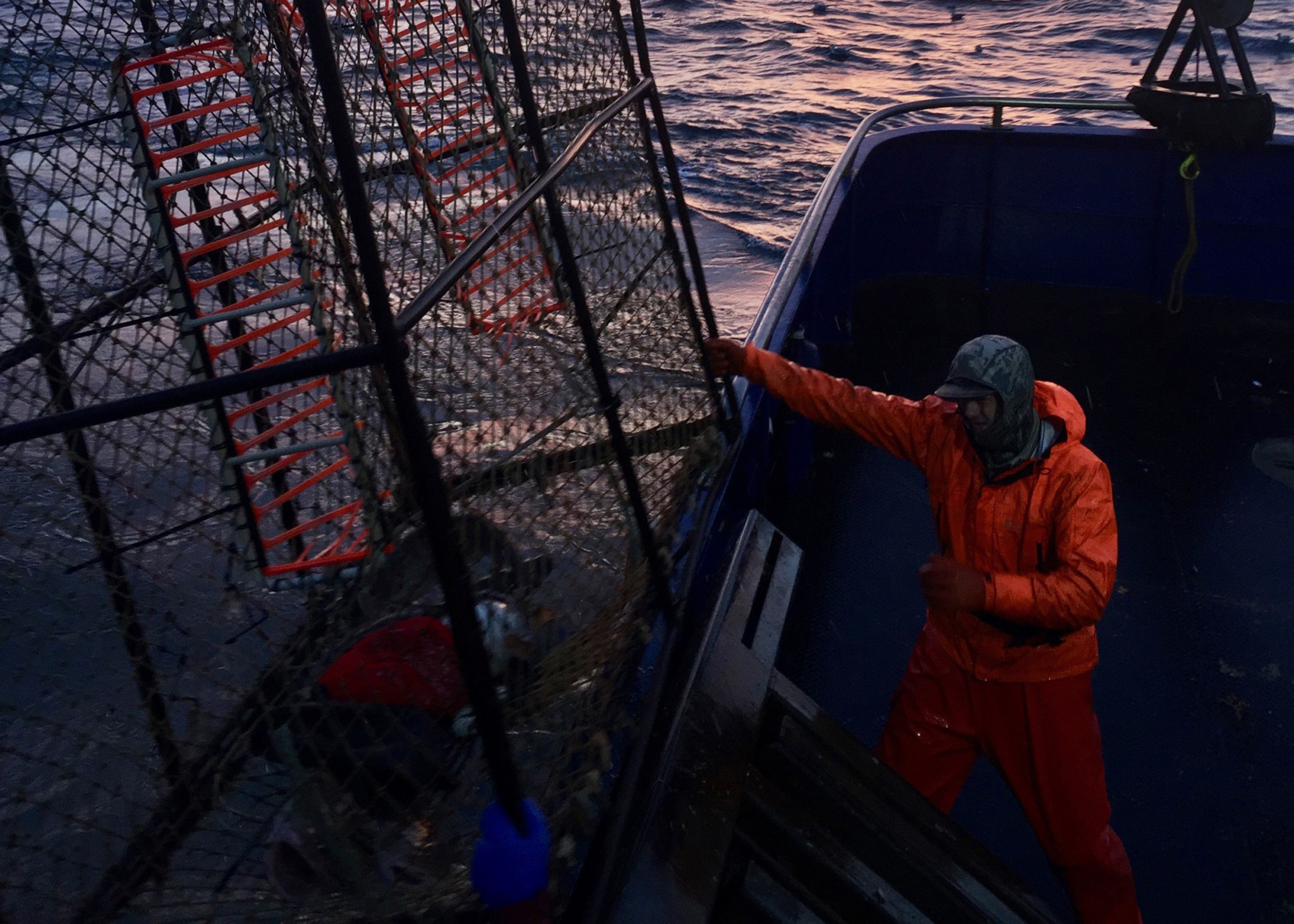Recent headlines discussing a potential suspension of the Marine Stewardship Council’s certification for Gulf of Alaska Pacific cod have included some misleading and even inaccurate depictions of the status of the fishery. As the client for both MSC and Responsible Fisheries Management certifications for all Alaska Pacific cod, Alaska Fisheries Development Foundation feels it is important to provide necessary context and clarification.
Most importantly, all Alaska Pacific cod is currently certified under both the MSC and RFM programs, with only a small percentage (6 percent or less) of the commercial harvest under review in 2020 by the certification bodies. Alaska’s Pacific cod fishery is split into three primary commercial fishing regions — the Bering Sea, Aleutian Islands, and Gulf of Alaska — which will account for about 78 percent, 16 percent, and 6 percent of the 2020 harvest, respectively. Only the Gulf of Alaska harvest is under review and subject to a potential change in certification status. The Bering Sea and Aleutian Islands produce 343 million pounds of Alaska Pacific cod, and recent surveys from these fisheries show abundant populations.
To say that sustainability certification and fisheries management standards are complicated is an understatement. Yet every aspect of fisheries management in Alaska is based on the best available scientific data, effective management practices, and a precautionary approach designed specifically to sustain the long-term health of the species and ecosystem. In Alaska, we are now challenged by the fact that climate or environmental changes are often the key drivers in fisheries health and management. This makes our investment in and commitment to federal surveys, annual stock assessments, monitoring, and catch accounting data even more important.
Adherence to our robust management systems, even when climate-driven events necessitate a fishery closure, is the strongest demonstration of Alaska’s sustainable fisheries.
Surveys of the Gulf of Alaska Pacific cod fishery in 2017 observed lower Pacific cod biomass (total abundance of fish) due to atypical warm water temperatures (a so-called marine heat wave) experienced across the Gulf of Alaska during 2014 through 2016. In response to the lower biomass, the North Pacific Fishery Management Council followed the advice of fisheries scientists as required by the Magnuson-Stevens Act to reduce the allowable catch in the Gulf of Alaska by 80 percent in 2018 and 2019 to maintain the future viability of the fishery.
In 2020, after another federal survey indicated low biomass, the directed fishery was closed, as required by regulation to preserve Pacific cod as a food source for Steller sea lions in the region. Alaska’s commitment to scientifically-driven decisions and its resulting swift actions exemplify responsive, sustainable, ecosystem-based fisheries management.
The science is clear that the lower Alaska Pacific cod population in the Gulf of Alaska in recent years is caused by the Gulf of Alaska marine heat wave, and not the result of fishing pressure or lack of a management response. However, current MSC certification standards assess stock levels, regardless of the shifting dynamics of environmental pressures or the management response. As our understanding of the impacts of these climate-driven events improves and changes, the certification criteria should be modified to take such changes into consideration, and to support responsible management systems as a true gauge of sustainability.
Alaska cannot control wild fishery population fluctuations; however, we can control our response, to facilitate the long-term sustainability of the fishery. Alaskans are proud of our world-leading fisheries management standards established by the MSA, executed by the North Pacific council, and supported by Alaska’s fishing fleets. Alaska’s communities and seafood industry demonstrate continued resilience and commitment to the resource in the face of climate-driven ecosystem changes so that we may realize sustainable fisheries for generations to come.







